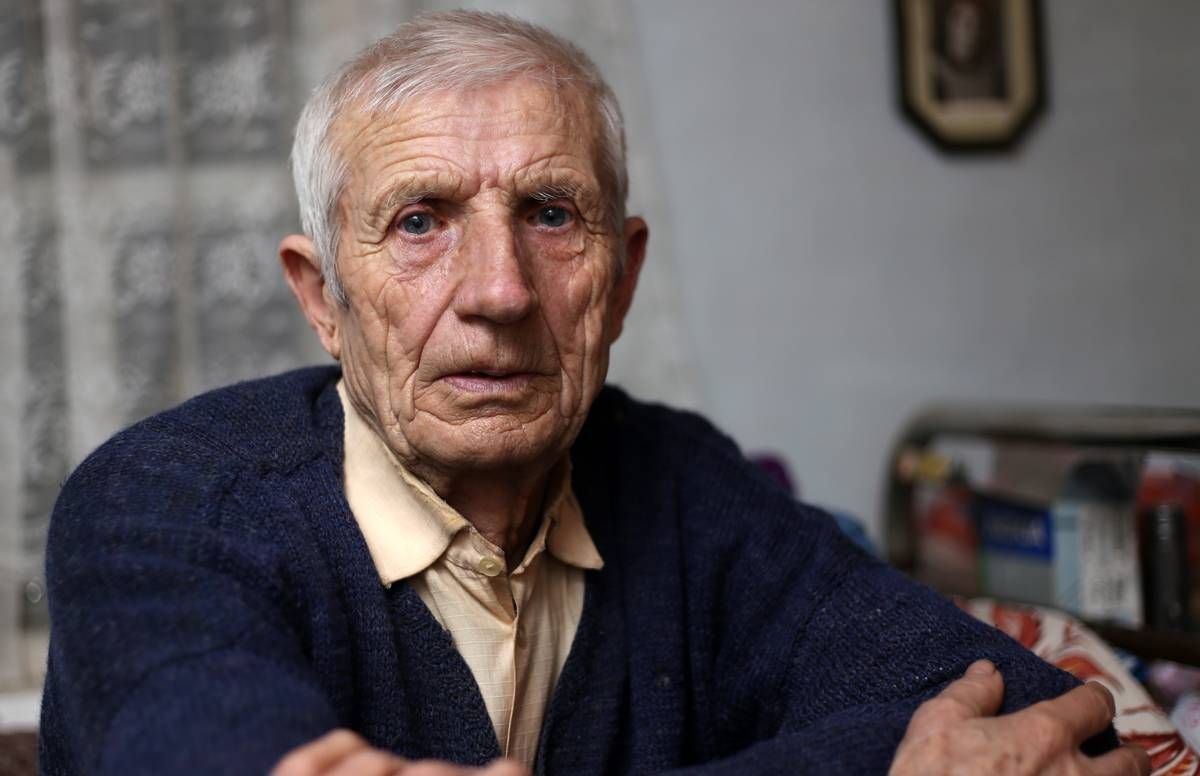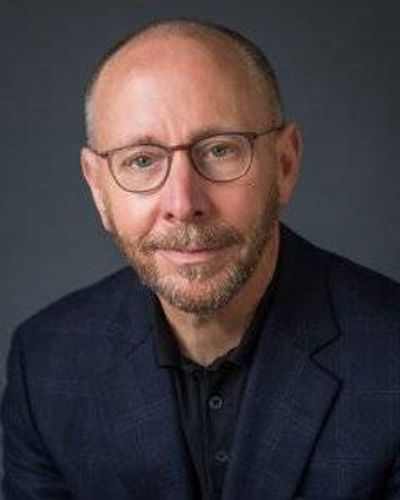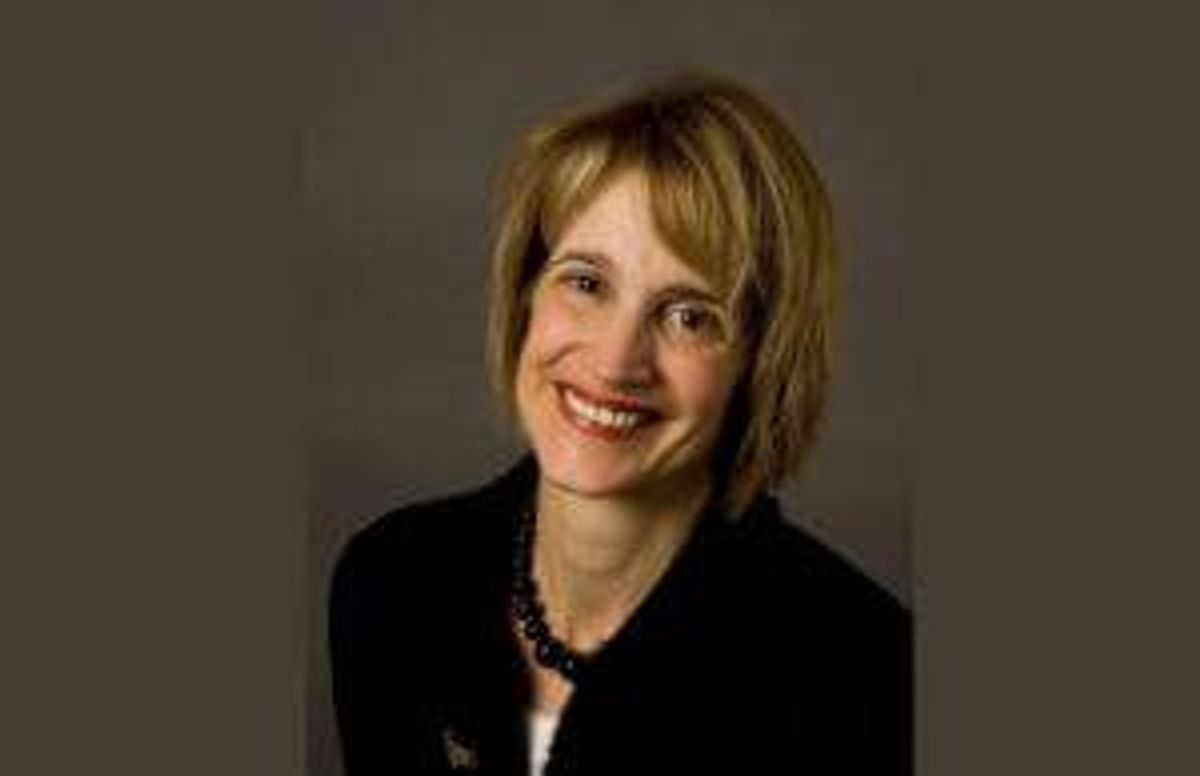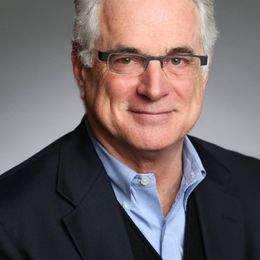The Older Americans Getting Left Behind in The Longevity Economy
What could be done to reverse the concerning trends
America recently passed a grim milestone of over 200,000 COVID-19 deaths, with little hope the pandemic will come under control soon. (President Donald Trump and the First Lady revealed on Oct. 2 that they, too, have contracted the disease.) While the coronavirus has been devastating to those who've lost loved ones, it has also exacted a vicious toll on a particular group of older Americans: lower-wage workers, minorities and women who have labored for decades in jobs with unstable incomes and without employee benefits.

We hear a lot about The Longevity Economy — what a notable 2019 AARP report described as people age 50+ continuing "to contribute to society and help to drive economic growth, innovation, and new value creation." But the sad truth is that some older Americans are getting left behind in The Longevity Economy, due to ways the pandemic's recession has exacerbated the nation's other ills.
COVID-19 and Society's Disparities
"COVID has elevated our understanding of the inequities and disparities in society," says Paul Irving, chairman of the Milken Institute Center for the Future of Aging and a Next Avenue Influencer in Aging.
Even before COVID-19, the financial stress from gender and racial discrimination have been amplified during the second half of life and from ageist prejudices.

Low-wage workers typically accumulate little wealth and savings by the time retirement looms, and the pandemic has only worsened this trend. According to new research by The Washington Post, at the peak of the coronavirus crisis, low-wage jobs were lost at about eight times the rate of high-wage ones.
Low-wage workers are also more likely to experience poor health with age, often requiring them to retire before they'd planned.
Low-wage workers typically accumulate little wealth and savings by the time retirement looms, and the pandemic has only worsened this trend.
These disparities, elevated by the coronavirus, undermine the economy's underlying productivity, dynamism and promise. More importantly, they're morally wrong.
Time for a 'New Model for a New Society'
"It's time for a new model for a new society," says Joseph Coughlin, director of the Massachusetts Institute of Technology AgeLab, author of "The Longevity Economy: Inside the World's Fastest Growing, Most Misunderstood Market" and a Next Avenue Influencer in Aging.
Adds Ruth Finkelstein, executive director of the Brookdale Center for Healthy Aging at Hunter College and also a Next Avenue Influencer in Aging: "We're now in a moment. It's now, not later."
Improving everyone's health over their life span is the starting point for framing reforms towards rebuilding a more egalitarian and strong U.S. economy, especially with older workers in the vanguard. Think investments in public health, healthy communities and healthy workplaces.
"We can't have a healthy economy without a healthy population. For me, that's the true message of COVID," says Andrew Scott, professor of economics at the London Business School and author of the new book, "The New Long Life."
A 2020 report by consultants at McKinsey & Co. suggests that good health is becoming more vital to economic growth. Among the main reasons: the aging of the population.
The Pandemic's Effect on Health Disparities
Better health and fewer disabilities will keep experienced workers on the job longer. And public health investments, the McKinsey researchers say, will pay off "by expanding future employment through fewer early deaths, fewer health conditions, and higher labor-force participation of healthier people and through the productivity gains achievable by workers who are physically and cognitively healthier."
The link between poor and worsening health to earlier-than-expected retirement is strong, and the pandemic has only added to it.
A Black man still working at 54 would have a 70% chance of still working at 62, compared to a 77% chance if he had the same health as a white man.
"Health is the biggest driver of early retirement," says Geoffrey Sanzenbacher, associate professor of economics at Boston College and research fellow at the Center for Retirement Research.
Black Americans are more likely to be in worse health and uninsured earlier in life compared to their white peers.
A 2010 study found that a man between age 55 and 62 in below-average health has about a 10% chance of exiting the labor force each year compared to a 2% chance for his peers in average health. Looking at the Census Bureau's Current Population Survey, Sanzenbacher says, about 28% of Black men in this age range are in fair-to-poor health versus 15% of white men.
By Sanzenbacher's math, a Black man still working at 54 would have a 70% chance of still working at 62, compared to a 77% chance if he had the same health as a white man.
Closing the health gap between Blacks and whites, as well as between the well-off and the marginalized will pay off significantly, measured in jobs and income.
"For me, the longevity agenda is how many people are trying to live a fulfilled life," says Scott. "If you don't do it right, you get very bad outcomes."
On the Bad Outcome Path
Sadly, the U.S. is on the bad outcome path for two reasons.
America is the only major economy without universal health insurance. Millions of low-wage and contingent workers labor for companies that don't offer health insurance.
Also, average U.S. life expectancy declined from 2014 to 2017. The only precedents: during the First World War and the subsequent influenza epidemic.
The most recent decline was largely driven by "deaths of despair," the haunting term for working age people without college degrees dying from suicide, drug overdoses and alcohol-related liver disease.
Health disparities and income inequities aren't unique to older workers, but they are acutely felt by them since poor health tends to accumulate and worsen with time.
The benefits of narrowing the health gap for all generations would benefit people of all ages.
Helping All Generations

"What we have learned with COVID is there is no generation gap," says Teresa Ghilarducci, professor of economics at the New School for Social Research and the Director of the Schwartz Center for Economic Policy Analysis.
No, there isn't. The young are the future old. They have a stake in improving the odds of healthy aging.
And "older adults should be able to work and live lives of dignity," says Irving. "I also believe with dignity and respect comes responsibility. The cost of supporting the next generation."
That's the kind of deal that will accelerate the rise of the longevity economy — a more just and equitable longevity economy.


